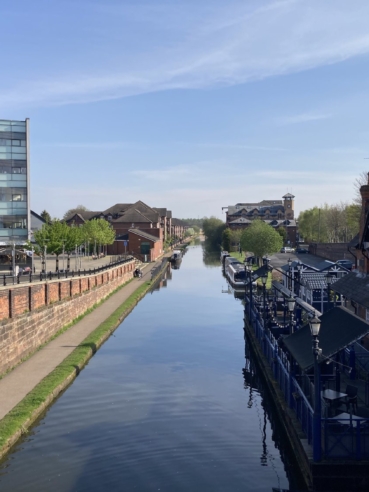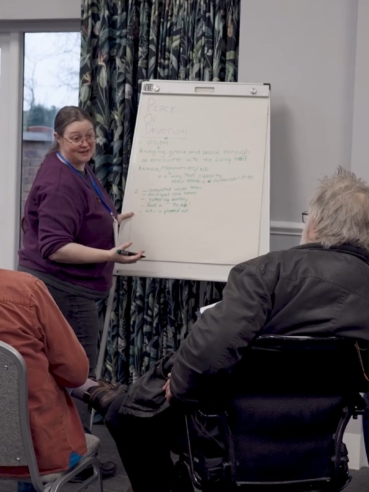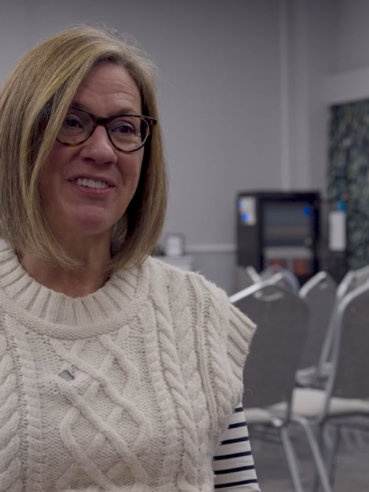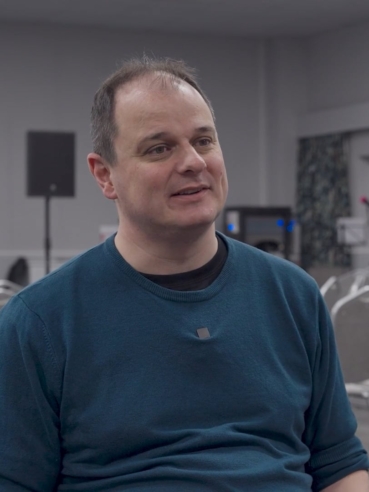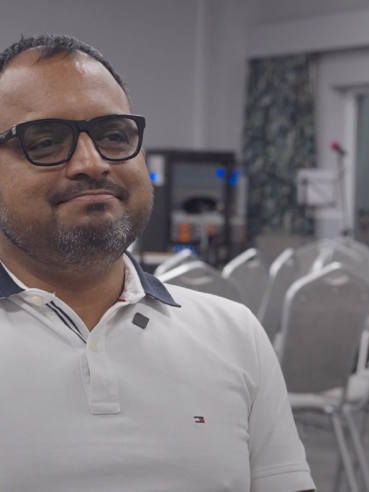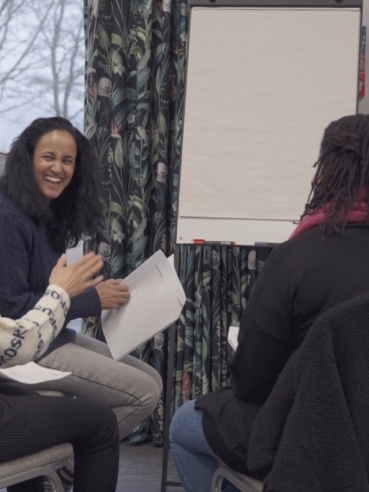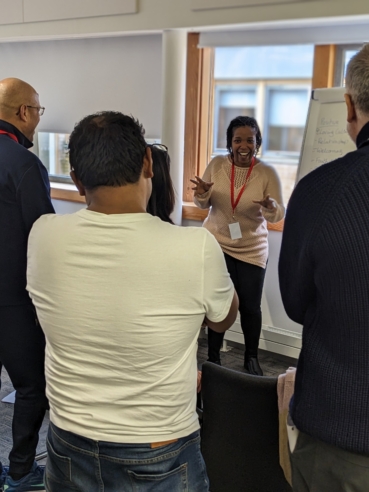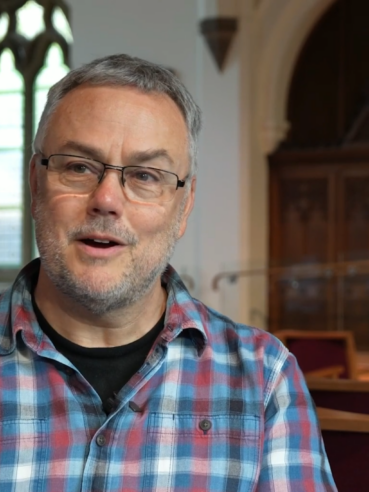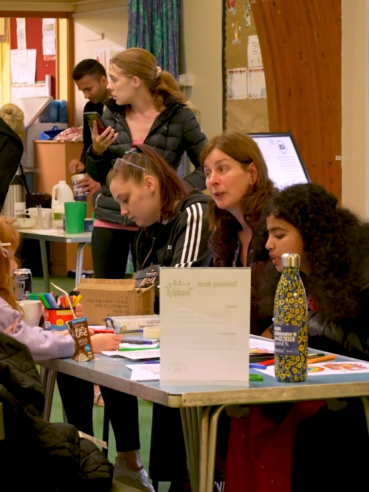Q: How many people are in a team?
We anticipate that a team is usually between three and five people, and no fewer than two.
Q: My team is changing, do they have to commit to each gathering?
Ideally your team comes to each gathering as this is a team-based experience. However, we recognise that teams can sometimes change with new people joining and others leaving. It is helpful to recognise that people starting later will have less familiarity with the environment and materials, than those who have journeyed from the beginning.
Q: Do all my team need to fill out the application form?
No – only the lay planter needs to fill out the application form.
Q: I want to attend but I don’t have a team yet, will I still be accepted?
We recognise that people at the beginning of their planting journey may not have a team around them yet. We do expect every planter to bring along at least one other person with them to the first gathering, and to be building a team that will attend from gathering two onwards. By ‘team’ we envisage two to three people in total, but more may be possible.
Q: Do I have to find my own mentor?
The hub team will partner with you to find an appropriate mentor. This will be someone we have confidence in and has fulfilled safer recruitment requirements. If you know someone that might be suited as your mentor, then do let us know. Usually a mentor is different to an oversight minister.









